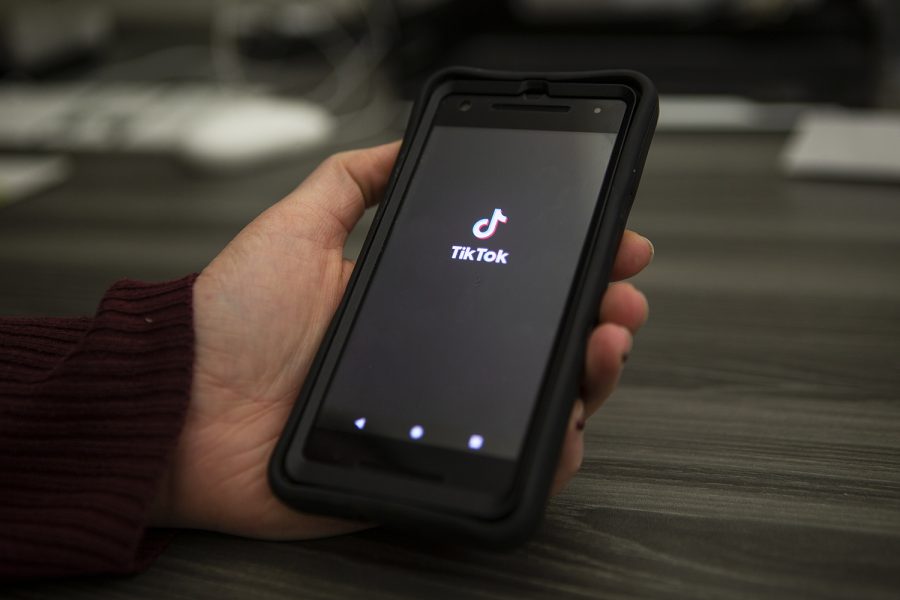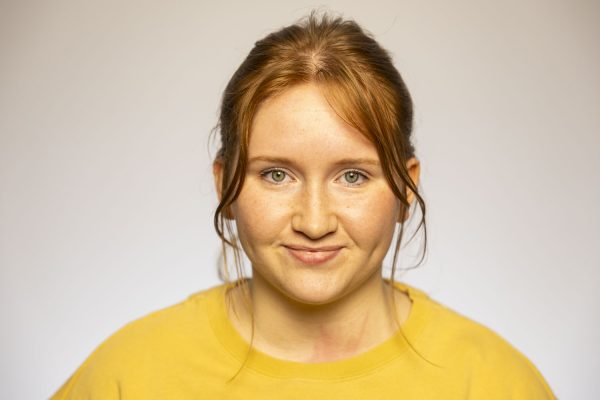There is a critical need for online mental health influencers and social media platforms to combat the issue of the spread of misinformation of mental illnesses that is becoming increasingly popular on social media.
As the prevalence of mental health misinformation on social media drags on, young people are encouraged to self-diagnose mental illnesses and disorders.
This spread of false information is creating problems within young minds that do not exist without the spiraling paranoia TikTok induces. This type of misinformation is happening on a broad scale because of how popular the topic is, and social media websites and apps need to take action to make sure these videos are properly labeled as misinformation.
CBS News states that on TikTok, the hashtag “mental health” has over 67 billion searches. The National Library of Medicine initiated a study of how much circulation 100 videos with the hashtag received, the result being 1,354,100,000 views; 266,900,000 likes; and 2,515,954 comments.
For struggling teens or adults, social media sites such as YouTube, Tumblr, Reddit, and TikTok can be positive places to seek community, support, and escape to. Yet, social media is seeing an increase of misinformation about mental illnesses, contributing to the perpetuation of negative stigma about mental health, which can lead users to rampantly self-diagnose, then self-doubt and ultimately cause depression.
According to the New York University student publication *Confluence*, many videos on TikTok discussing mental illness are observed to be made into either traditional explanations of disorders through “POV” or “point-of-view” content, where personal perspectives of mental disorder symptoms are displayed through dramatic portrayals.
One of these TikTok videos comes from influencer Alyssa Kellner, @alyssakellner2, captioned “signs you’re bipolar.” The video describes emotions which can be common symptoms of other disorders or nearly everyone experiences, making the specific disorder relatable to a wider audience. Some comments in the video talk about how they think they “might have it” after watching her video, while others criticize her for misdiagnosing symptoms.
Another especially harmful example from popular influencer @sambucha on TikTok is a video with 123.5k likes. Their video essentially states that to know if someone is a narcissist, the answer is not a long form personality test, but a simple question, “Are you a narcissist?” Comments under that video were falling for this fake personality disorder test, saying “I said yes way too fast.”
Judging from the comments of that TikTok, this type of content can lead a child to overthinking their personality and believing they have a disorder, rather than someone who is just growing up.
This type of content should be paired with a disclaimer from TikTok stating the video is exaggerated and includes generalized symptoms.
Another issue is the easy accessibility of misinformation to young children who cannot tell what is fact or false, and when they come across these videos they could think they have multiple disorders.
Social media platforms need fact-checking regulations for this content, specifically moderation on misinformation. because it could cause adults and young teens to be paranoid about their mental state when they should be seeking professional help or proper online support groups.
These platforms have a duty to their users, who rely on them for information and news, to self-regulate their content. According to Harvard Business Review, “A lack of trust destroys the environment that has allowed digital platforms to thrive.”
It is also the moral responsibility of social media influencers to provide accurate information to their audiences and of the social media sites to implement a fact checking source below any video or post with inaccuracy. Influencers have a duty to combat misinformation by providing accurate information, so they don’t confuse their potentially young audiences.
Columns reflect the opinions of the authors and are not necessarily those of the Editorial Board, The Daily Iowan, or other organizations in which the author may be involved.













